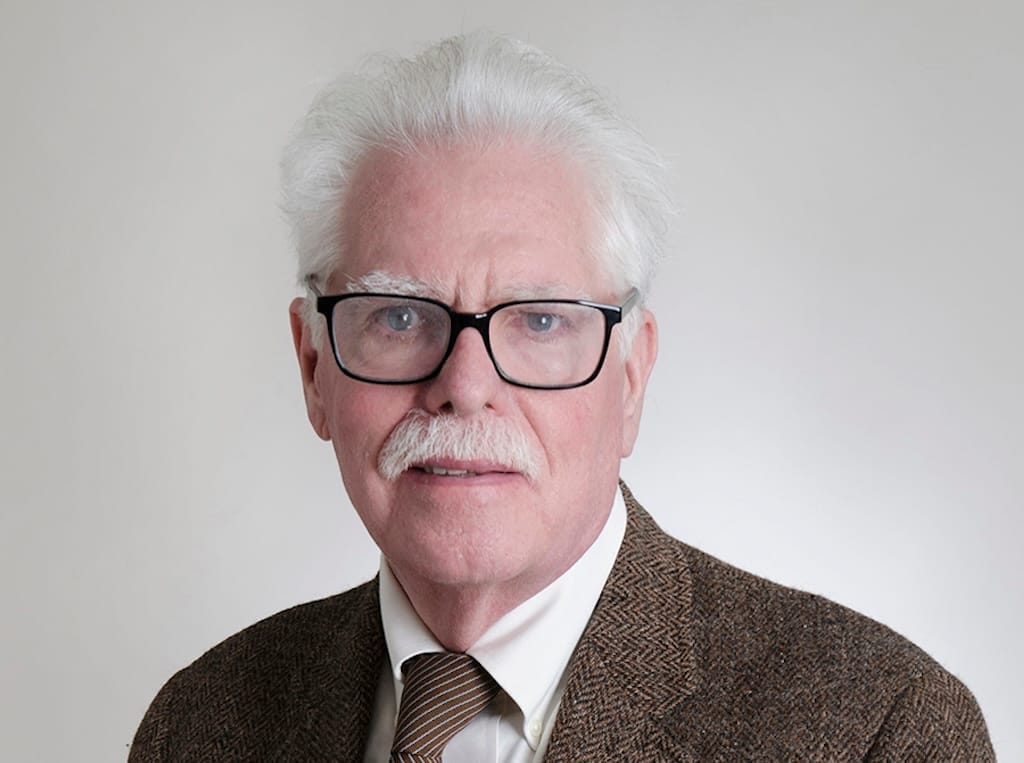Court Pauses Challenge to FCC’s USF Forbearance Policy
Consumer groups are trying to resolve the issue with the agency directly.
Jake Neenan

WASHINGTON, August 12, 2024 – The U.S. Court of Appeals for the Sixth Circuit agreed Friday to pause consumer groups’ effort to require Internet Service Providers to contribute to a multibillion broadband subsidy program run by the Federal Communications Commission.
The Benton Institute for Broadband and Society and the Media Alliance challenged the FCC’s decision to abstain from tapping broadband revenue for its $8.1 billion Universal Service Fund, something that would normally have happened when the agency reclassified broadband providers as Title II common carriers.
The USF abstention policy was included in the agency Net Neutrality rules – which Benton and Media Alliance actually support – adopted on April 25 but put on hold by a Sixth Circuit panel on Aug. 1
The court agreed to put those challenges on hold Friday while allowing the industry challenges to continue apace. Additional briefs by the ISPs were due today.
The consumer groups wanted to hold off on their case because the Affordable Broadband Campaign filed with the FCC a petition for review on the same issue. That, coupled with the Sixth Circuit’s judicial stay – an indication that judges think the ISPs have a strong case – made it likely either the agency or the court will take action that makes the Benton and Media Alliance challenges moot.
Once the FCC petition has been resolved, the court will “issue a new briefing schedule or give the parties other instructions,” it said in an order Friday.
The FCC decided not to require ISPs to pay into the USF out of fear that the charges, likely to be passed onto consumers, would cause rates to spike. Consumer groups and advocates said those fears were unfounded during the rulemaking process.
They wanted the agency to tap into the extra funding, noting the rural broadband funded by the USF was a persistent need while the traditional telecom revenue keeping it afloat continued to shrink.
The U.S. Court of Appeals for the Fifth Circuit found the USF’s funding mechanism unconstitutional in July, breaking with other federal court decisions. It remanded the issue to the FCC, which has signaled an intent to appeal.










Member discussion